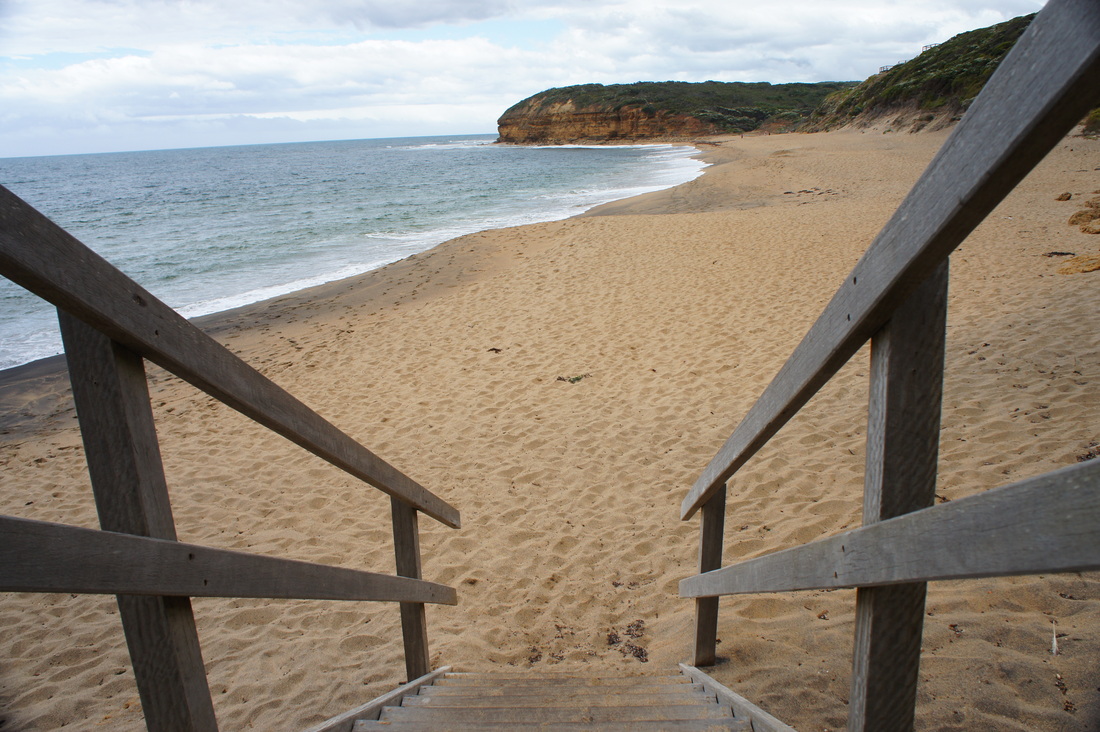A few weeks ago, I wrote a post that introduced us to the roots of personality. I mentioned that in the personality section of my Evolutionary Philosophy, I said the following:
Psychologists currently list three levels of personality.
- Basic Traits / The Big Five (OCEAN) - Openness to new experiences, Conscientiousness, Extroversion, Agreeableness, Neuroticism
- Characteristic Adaptations - personal goals, defense mechanisms, values, beliefs, life stage concerns
- Life Story - past, present, and future woven into a vitalizing myth
This week, I wanted to go into a little more detail about the first level of personality - your basic traits. Look again at those five examples of dysfunction in the workplace that I talked about at the top of this piece. They are all failures of basic personality traits. The co-worker who doesn't want to learn anything new is not O - open to new experiences. The boss who couldn't come through for you was not C - conscientious. The wallflower in a situation that required expression was missing some E - extroversion. The harsh executive was not A - agreeable. (And he likely got to his position because others mistook short-term results and overconfidence for true leadership.) And finally, when we struggle to deal with all these issues and take them on ourselves, we become a little too N - neurotic.
Most people think your personality is something you are born with, that it is immutable, something you can't change. But look at each of these elements of your basic OCEAN traits. Can you not improve each and every one of them? Can you not take shallow steps into new waters until you are eventually swimming in the deep end and perfectly comfortable being Open to new experiences? Can you not gather tips to organize your life and prioritize better so you can be more Conscientious about your commitments? Have you not seen people take public speaking classes through toastmasters and blossom into Extroverts on command? Do we not know of people who have had crises in their lives or sudden insights into the pain they have caused around them and vow to be more Agreeable? And who among us doesn't hope to become calmer and more resilient with age and see our Neuroses subside? All five of these traits are malleable if we know them and recognize the need to change them. A free 10-minute online test of your Big Five is available. Go try it out. Know thyself. I'm an O-96, C-98, E-48, A-69, N-14. I'm happy with my Openness and Conscientiousness. I'm pretty balanced between my extrovert sociability and introvert bookishness. I want to work a little though on my neuroses and try to be a bit more agreeable.
What about you?


